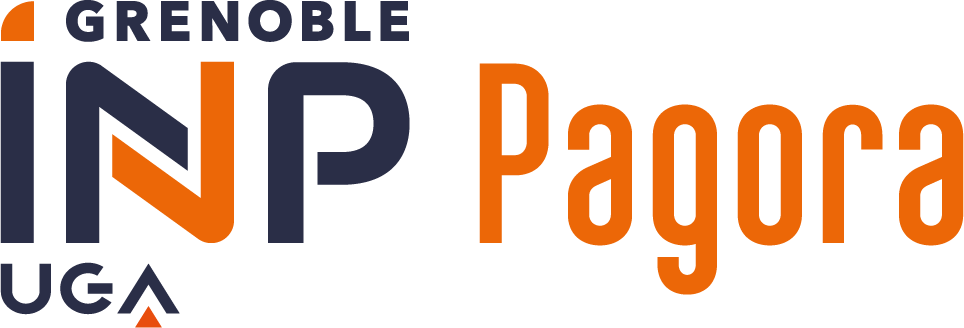Number of hours
- Lectures 12.0
- Projects -
- Tutorials 8.0
- Internship -
- Laboratory works 20.0
ECTS
ECTS 38.0
Goal(s)
Course objective
1)Student becomes familiar with fluid properties and phenomena which takes place in incompressible fluids at rest (statics) and in motion (dynamics).
2)Student becomes acquainted with fundamental laws of fluid mechanics and can solve typical problems of statics and dynamics of incompressible fluids.
3)Student becomes familiar with typical measurement methods and equipment of fluid flow problems as well as measurement data processing and analysis.
Learning outcomes
1)An ability to recall and explain fundamental laws of fluid mechanics.
2)An ability to solve simple problems of statics and dynamics of incompressible fluids.
3)An ability to perform basic experiments of fluid mechanics, to interpret experimental results and to draw conclusions form experimental data.
4)An ability to analyse phenomena occurring in the environment and in technical devices as far as fluid mechanics is concerned.
-
Content(s)
LECTURE & TUTORIAL
1)Definition and properties of a fluid. Fluid as a continuum;
2)Statics of liquids. Hydrostatic force. Buoyancy. Floating of bodies;
3)Methods of fluid motion description: Lagrangian and Eulerian. Substantial derivative (acceleration of fluid element), pathline, streamline;
4)Basic principles and equations of fluid mechanics of: mass, momentum and energy conservation for an inviscid flow. Mechanical energy – the Bernoulli equation;
5)Momentum balance for a control volume. Flow impact on walls – hydrodynamic force;
6)Viscous fluid models. Stress tensor for Newtonian fluid flows. Navier-Stokes equations;
7)Introduction to similarity theory. Similarity theorems, conditions and dimensionless similarity parameters;
8)Laminar and turbulent flows;
9)Elements of hydraulics. Steady quasi-one-dimensional liquid flows in channels. Semi-empirical Bernoulli equation;
10)Pumps: types, characteristics, circuits, cavitation.
11)Laminar and turbulent boundary layer;
12)Flow past bodies - drag force, lift force.
LABORATORY:
1)Review of measurement devices (presentation of device examples);
2)Volume flow rate measurements by different devices (rotameter, orifice, ultrasonic, electromagnetic flowmeters);
3)Turbulent velocity profiles in a circular pipe;
4)Friction (major) and local (minor) losses;
5)Determination of characteristics for a centrifugal pump;
6)Critical Reynolds number (Reynolds experiment);
7)Flow in a diffuser (static, dynamic and total pressure changes);
8)Hydrodynamic reaction of a fluid jet on the flat plate;
9)Unsteady outflow of a liquid from a container.
Prerequisites
Fundamental knowledge and skills in mathematics in application to solve engineering problems (algebra, differential equations, differentiation, integration, logarithms). An ability to solve simple mechanical problems based on the principles of mechanics. Basic skills of measurement result processing.
Evaluation : Description of evaluation conditions in the ‘Evaluation’ field
The exam is given in english only
The course exists in the following branches:
- Curriculum - Pagora Engineer - Apprentice - Semester 6 (this course is given in english only)
Course ID : 3FMA1022
Course language(s): 
You can find this course among all other courses.
Environmental security
Déroulement de l’enseignement en salle de cours standard.
Sécurité : RAS
Environnement : RAS
CANDEL S. Mécanique des fluides. Paris : Dunod, 2001
COMOLET R. Mécanique expérimentale des fluides. Tomes 1, 2 et 3. Paris : Dunod
MIDOUX N. Mécanique et rhéologie des fluides en génie chimique.Paris : New York : Tec & Doc Lavoisier, 1993



